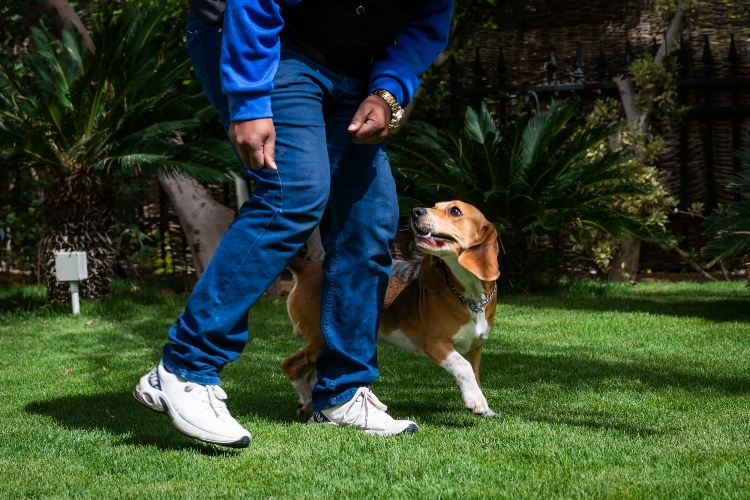The urban middle class in Egypt is increasingly adopting pets, leading to major changes in the pet industry. These changes are driven by economic challenges and shifts in what consumers want.
This sector, which encompasses pet food and veterinary care, is evolving into a structured market shaped by rising costs, shifting lifestyles, and limited regulation in Egypt. The economic downturn in the country has notably impacted the pet food industry, with the Egyptian pound currency depreciation in 2022 and import restrictions in February 2022, making imported pet food less accessible.
According to recent reports, the global pet food market was valued at USD 118.9 billion (EGP 5 trillion) in 2022, and expects the market to reach USD 161.6 billion (EGP 7 trillion) by 2028, growing at a compound annual growth rate (CAGR) of 5.35 percent during 2023–2028.
With banks increasingly reluctant to provide foreign currency for non-essential imports—including pet food—the market has seen a surge in locally manufactured products.
The rising costs of pet care are not limited to food. Veterinary services have also become more expensive, with significant increases in the prices of medicines which have surged by 50 percent in the past year . For example, tetanus vaccination and rabies vaccination for dogs nowadays can reach EGP 800 (USD 16.82).
This can lead to a troubling trend of pet abandonment as owners are unable to afford necessary care.
Shelters across the country report an influx of abandoned animals, creating a crisis for animal rescue organizations that are already struggling with financial constraints.
Moreover, the changing social dynamics surrounding pet ownership in Egypt are indicative of broader cultural shifts. Historically, dogs in much of the Middle East (including modern Egypt) were often viewed predominantly in functional roles such as guarding, rather than as household companions.
However, recent fatwas (Islamic religious decrees) from Muslim scholars such as Shawky Allam and Ali Gomaa have challenged this perception, arguing for a more accepting view of dogs as companions. This evolving attitude has led to a notable increase in dog ownership in Egypt, with registered dog owners surging from 2,000 in 2016 to over 860,000 by 2019.
Despite the shift in attitude, the pet industry in Egypt faces significant hurdles. The lack of comprehensive data on the pet population complicates market analysis, and while the number of pets is increasing, the supporting infrastructure, such as regulations of breeders and retailers, remains underdeveloped.
The plight of pet shelters is particularly concerning. Shelters such as Talya’s Foundation in 2023 was on the brink of closure due to rising operational costs and dwindling donations.
The systemic issues faced by these organizations highlight the urgent need for sustainable solutions and greater awareness of animal welfare.
The convergence of increasing pet ownership, evolving cultural perceptions, and a growing market, as reflected in the global pet food market’s valuation is significantly challenged by economic instability. The rising costs of pet care, driven by currency depreciation and import restrictions, are straining pet owners and shelters alike.







Comments (0)